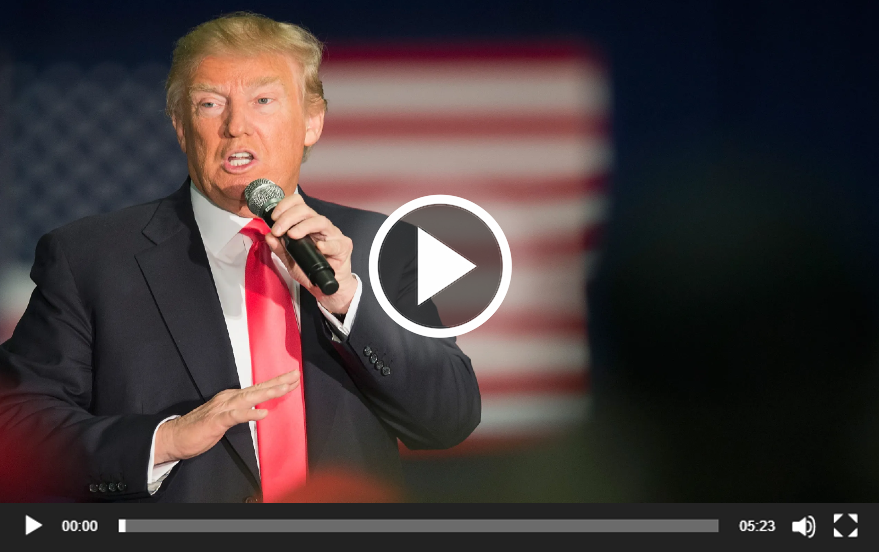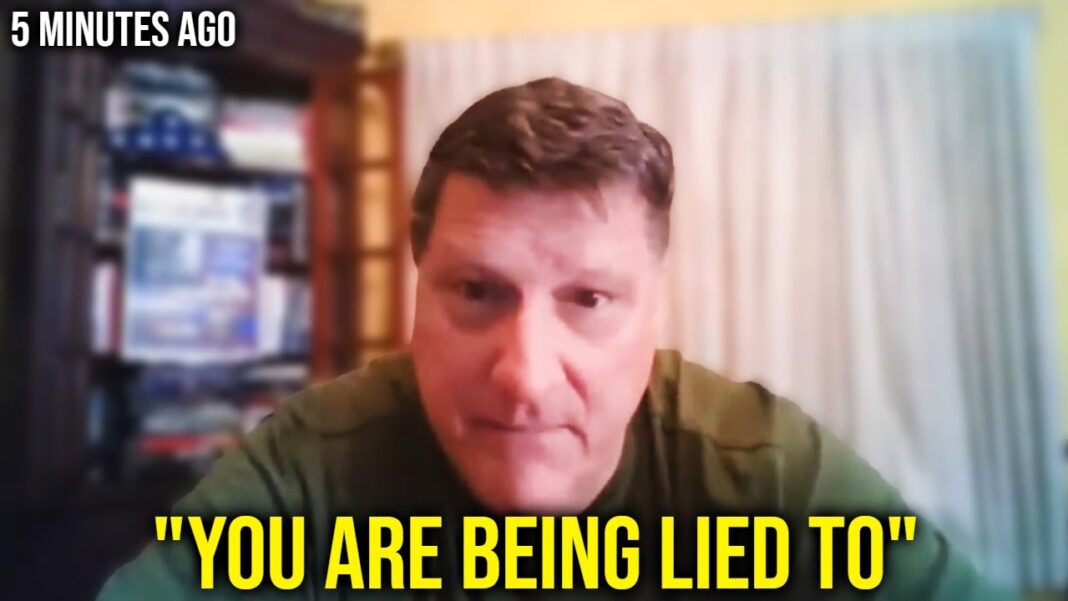The corridors of power are often shrouded in mystery, with decisions made behind closed doors that can change the course of nations. But what happens when these decisions are influenced not by the public good, but by hidden agendas and unseen forces?
In the late 1990s, the world watched as a dedicated individual stood before the U.S. Senate, holding up a mirror to their actions and decisions. This individual, deeply committed to the principles of the Constitution, was thrust into a spotlight he never sought. He was there to remind the Senate of their past commitments and the promises they had made. Yet, instead of being welcomed, he faced opposition, personal attacks, and political maneuvering.
The political landscape of that time was vastly different from today. Information was primarily disseminated through television, radio, and print media. The public had to make an effort to access information, and this effort often led to a more discerning audience. However, even then, there were attempts to manipulate, manufacture, and misinform. The challenge was greater, as those in power had to work harder to sell their narratives.
►INSIDER INFO: Trump’s Game-Changing Statement – ‘If You Want Peace, Prepare For War’

Fast forward to the present day, where the digital age has transformed the way information is consumed. With 24-hour news cycles and social media platforms offering instant gratification, the public is bombarded with information, making it easier than ever to be misled. The lines between news and entertainment have blurred, and the rapid dissemination of information means that lies can spread faster than the truth.
Recent revelations have shown that even trusted institutions have been involved in the deliberate release of inaccurate intelligence information, not to inform the public, but to shape perceptions. This raises the question: Who can we trust? When the very agencies tasked with protecting the nation admit to misleading its citizens, the foundation of trust is shaken.
The revolving door between government, media, and industry has further muddied the waters. High-ranking officials transition seamlessly between these sectors, leading to potential conflicts of interest and a blurring of lines between public service and personal gain.
Yet, amidst this complex web of power and influence, there are those who stand firm in their convictions, refusing to be silenced or intimidated. They remind us of the importance of the Constitution and the rights it guarantees. But how can one defend what they do not know? The Constitution belongs to the people, and it is up to each citizen to understand and uphold its principles.
Related – RED ALERT!!! EMP, Blackout, Shutdown, Darkness, Satanic Ritual – End Times Apocalypse Now!
However, the sad reality is that many Americans lack a basic understanding of the Constitution. While immigrants seeking citizenship are required to pass a test on the Constitution, many native-born Americans would likely fail the same test. This lack of knowledge poses a grave threat to the very fabric of the nation.
The challenges faced by those who dare to speak out against the establishment are immense. From being blacklisted by think tanks to facing investigations by powerful agencies, the road is fraught with obstacles. Yet, it is the resilience and determination of these individuals that give hope for the future.
It is crucial for citizens to be vigilant, informed, and engaged. Only by holding those in power accountable and demanding transparency can the true ideals of the nation be preserved.
In the end, the power to shape the future lies not in the hands of the few, but in the collective will of the people. It is a reminder that even in the darkest of times, the flame of truth, justice, and integrity can never be extinguished.




